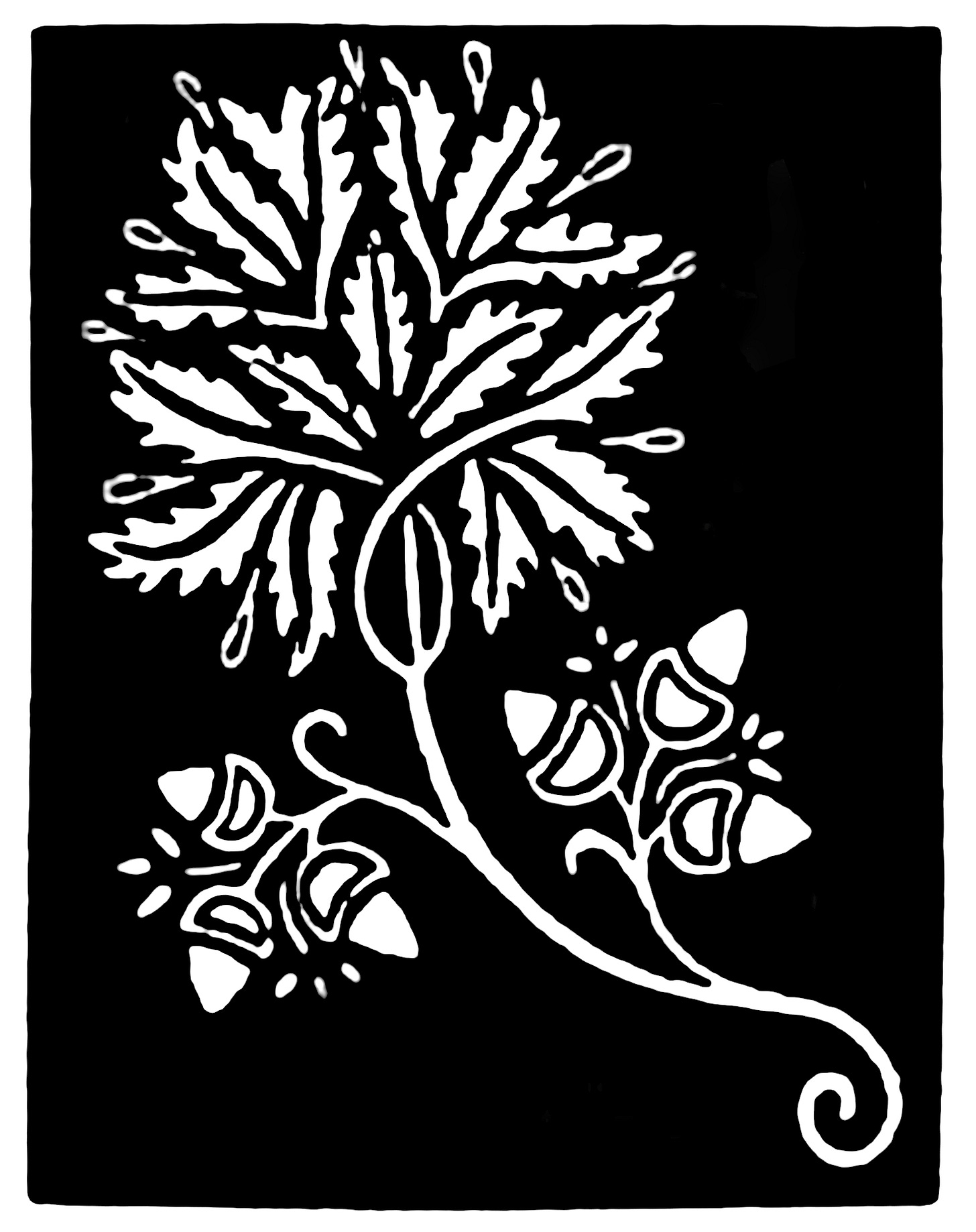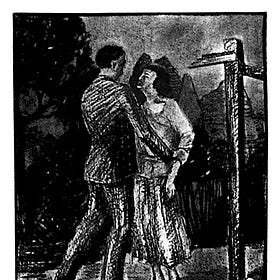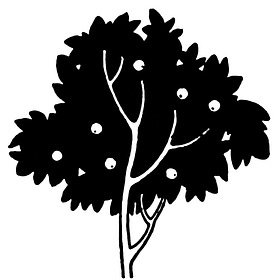—: I Weep :— Not as the young, pleasurably, Not as the aged, mistily, But quietly,— Drop by drop The great tears splash upon my hands, And save you saw their shrine, You would not know I wept.
—: El Beso :— Twilight—and you, Quiet—the stars; Snare of the shine of your teeth, Your provocative laughter, The gloom of your hair; Lure of you, eye and lip; Yearning, yearning, Languor, surrender; Your mouth, And madness, madness, Tremulous, breathless, flaming, The space of a sigh; Then awakening—remembrance, Pain, regret—your sobbing; And again quiet—the stars, Twilight—and you.
—: The Heart of Womanhood :— And one bird awoke, sang, whirred A blur of moving black against the sun, Sang again—afar off. And I stretched my arms to the redness of the sun, Stretched to my finger tips, And I laughed. Ah! It is good to be alive, good to love, At the dawn, At the spring dawn.
—: Your Hands :— I love your hands: They are big hands, firm hands, gentle hands; Hair grows on the back near the wrist I have seen the nails broken and stained From hard work. And yet, when you touch me, I grow small . . . . . . and quiet . . . . . . . And happy . . . . . . . . . . If I might only grow small enough To curl up into the hollow of your palm, Your left palm, Curl up, lie close and cling, So that I might know myself always there, . . . . . . . Even if you forgot.
—: Dusk :— Twin stars through my purpling pane, The shrivelling husk Of a yellowing moon on the wane, And the dusk.
Angelina Weld Grimke (1880-1958) was born in Boston, and later attended “Carleton Academy in Northfield, Cushing Academy in Ashburnham, The Girls' Latin School in Boston, and in 1902 graduated from the Boston Normal School of Gymnastics. In 1902 she began her career as a teacher in the Armstrong Manual Training School in Washington, D.C. Since 1916 she has taught in the Dunbar High School.” (Caroling Dusk, 1927) Grimke’s short-stories and poems appeared throughout the 1920s in prominent African American arts magazines The Crisis, Opportunity, and The Messenger, as well as significant Harlem Renaissance anthologies like Caroling Dusk (1927), edited by Countee Cullen, and Ebony & Topaz (1927). Friends with poet Georgia Douglas Johnson, and one of the first black women to have a play publicly performed in America.
In a letter from 16 year old Grimke to Mary Edith Karn: “I know you are too young now to become my wife, but I hope, darling, that in a few years you will come to me and be my love, my wife! How my brain whirls, how my pulse leaps with joy and madness when I think of these two words, 'my wife'.” (1896)
“If hers should be called “Imagist” poetry or not I cannot say, but I am certain that more vivid imaging of objects has not been done in verse by any contemporary. This, too, in stanzas that suggest in their perfection of form the work of the old lapidaries. Nor is there but a surface or formal beauty. There is passion, there is beauty of idea, the soul of lyric poetry is there as well as the form. I am weighing well my words in giving this praise, and I know that not one in the thousand of those who write good verse would deserve them.” (Robert T. Kerlin, Negro Poets & Their Poems, 1923)
—: After Angelina Weld Grimke :— (for my father) by Dick Whyte O father i think of you often— widehorizoned & tender like undried paint i woke early & the dawn a chorus of coloursong exactly as you said it would be
Forgotten Poets Presents:
Forgotten Poems, a living anthology of obscure and out-of-print poetry from the late-1800s and early-1900s. Explore the archives:
More African American poetry . . .
Anne Spencer - 5 Short Poems (1920-1975)
—: Dunbar (1920) :— Ah, how poets sing and die! Make one song and heaven takes it: Have one heart and beauty breaks it: Chatterton, Shelly, Keats, and I— Ah, how poets sing and die!...
Edward Perry - 2 Short Poems (1927)
Colors & Life (1927) Colors Blacks, browns, Tans and yellows; Like flowers We're a race Of numerous colors. Life Birth, Love, Sickness, Then death. We toil for tomorrow; Leave our loved ones in sorrow...
Gwendolyn B. Bennett - 6 Short Poems (1923-26)
—: Quatrain :— How strange that grass should sing— Grass is so still a thing . . . And strange the swift surprise of snow,— So soft it falls and slow...
More poems about twilight . . .
Margie-Lee Runbeck - 4 Short Poems (1921-26)
“Learning is rebellion… Every bit of new truth discovered is revolutionary to what was believed before.” (Margie-Lee Runbeck)

















I especially like:
"If I might only grow small enough
To curl up into the hollow of your palm,
Your left palm,
Curl up, lie close and cling"
Also, the last stanza of your poem is my favorite.
I loved that last stanza of yours! (and the first poem by Angelina Weld Grimke).